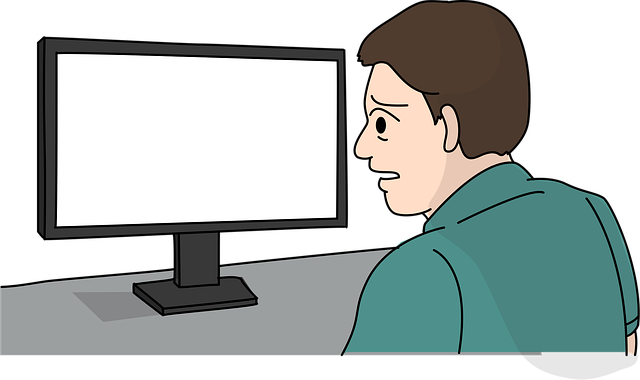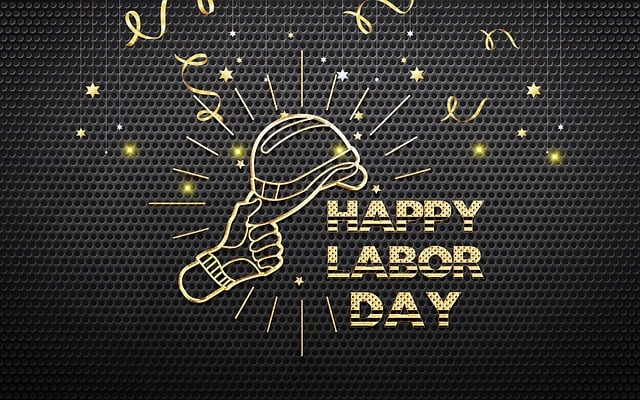Employment law protects workers' rights but navigating wage disputes can be complex. A wage dispute attorney specializes in misclassification, overtime pay, and compensation errors, offering legal expertise to resolve such issues through counseling, negotiations, or litigation. They ensure fair treatment, interpret labor laws, and represent clients to safeguard their rights. Preventive measures like clear employee handbooks, manager training, and open communication channels can reduce disputes, with proactive legal reviews by a wage dispute attorney enhancing compliance and conflict resolution.
Employment issues can arise from complex interactions of laws, policies, and individual circumstances. When these challenges escalate, a wage dispute attorney becomes an invaluable asset. This article guides you through tailored legal solutions for various employment issues, from understanding the intricacies of employment law to navigating common disputes and preventing future conflicts. By exploring each aspect, we aim to equip individuals and businesses with knowledge and strategies, ensuring fair and compliant work environments. Discover how a wage dispute attorney can be your ally in resolving these complex matters effectively.
- Understanding Employment Law and Its Complexities
- The Role of a Wage Dispute Attorney
- Navigating Legal Solutions for Common Employment Issues
- Strategies to Prevent and Resolve Employment Disputes
Understanding Employment Law and Its Complexities

Employment law encompasses a vast array of regulations and policies designed to protect workers’ rights, ensure fair treatment in the workplace, and foster healthy employment relationships. Navigating this complex landscape can be challenging for both employees and employers alike. Issues such as discrimination, harassment, wrongful termination, and wage disputes often require tailored legal solutions, making it crucial to consult a wage dispute attorney who specializes in these matters.
Understanding the nuances of employment law is essential to avoiding legal pitfalls. Wage disputes, for instance, can arise from various factors like misclassification, unpaid overtime, or incorrect calculation of compensation. A skilled wage dispute attorney can help interpret complex labor laws, provide guidance on best practices, and represent clients in negotiations or legal proceedings, ensuring that their rights are protected throughout the process.
The Role of a Wage Dispute Attorney

When employment issues arise, particularly those involving wage disputes, a skilled wage dispute attorney can be an invaluable asset for employees and employers alike. These legal professionals specialize in navigating complex labor laws and regulations to ensure fair treatment and compensation for all parties involved. Their expertise lies in understanding the intricate details of wage-related matters, which often include misclassification, overtime pay, unequal pay, and incorrect calculation of wages.
A wage dispute attorney plays a crucial role in advocating for their clients’ rights by providing strategic legal counsel. They help clients understand their entitlements under employment laws, negotiate with employers, and, when necessary, represent them in court or arbitration proceedings. Through meticulous research, persuasive arguments, and effective communication, these attorneys can secure favorable outcomes, ensuring that clients receive the wages they are rightfully owed and that businesses comply with labor regulations.
Navigating Legal Solutions for Common Employment Issues

Employment issues can range from wage disputes to termination controversies, each requiring a tailored legal approach. When facing such challenges, engaging a wage dispute attorney is often a strategic move. These legal professionals are equipped to navigate complex employment laws and regulations, ensuring clients’ rights are protected. They help employees understand their entitlements, negotiate with employers, and take appropriate legal action if necessary.
A wage dispute attorney’s expertise lies in interpreting pay structures, overtime rules, and labor contracts. They can assist in resolving issues related to unpaid wages, misclassified employment, or breaches of contract. Through mediation, negotiations, or litigation, these attorneys strive to secure fair compensation and justice for their clients. Their knowledge of local and federal labor laws empowers them to offer effective solutions, making navigating employment issues less daunting for individuals and businesses alike.
Strategies to Prevent and Resolve Employment Disputes

Employment disputes can be costly and detrimental to a business’s reputation, making prevention an essential first step. One effective strategy is to establish clear and comprehensive employee handbooks that outline company policies, procedures, and expected behaviors. Regular training sessions for managers and supervisors can ensure fair and consistent application of these policies, reducing the likelihood of disputes arising from misunderstandings or misinterpretations.
Additionally, open communication channels foster an environment where employees feel comfortable discussing concerns or grievances directly with their employers. Promptly addressing these issues before they escalate can prevent minor problems from becoming significant legal disputes. Engaging the services of a wage dispute attorney can also be proactive, as these legal professionals can review employment contracts and policies to identify potential areas of concern, ensuring compliance with labor laws and providing guidance on best practices to resolve conflicts efficiently.
Employment law’s intricate nature demands specialized attention, especially when facing wage disputes. Engaging a wage dispute attorney is a strategic move to navigate these complexities effectively. By understanding common employment issues and implementing preventive strategies, both employers and employees can foster a fair and compliant work environment. This tailored approach ensures that legal solutions are not just reactive but proactive, ultimately resolving disputes efficiently and promoting a positive, productive workplace.
